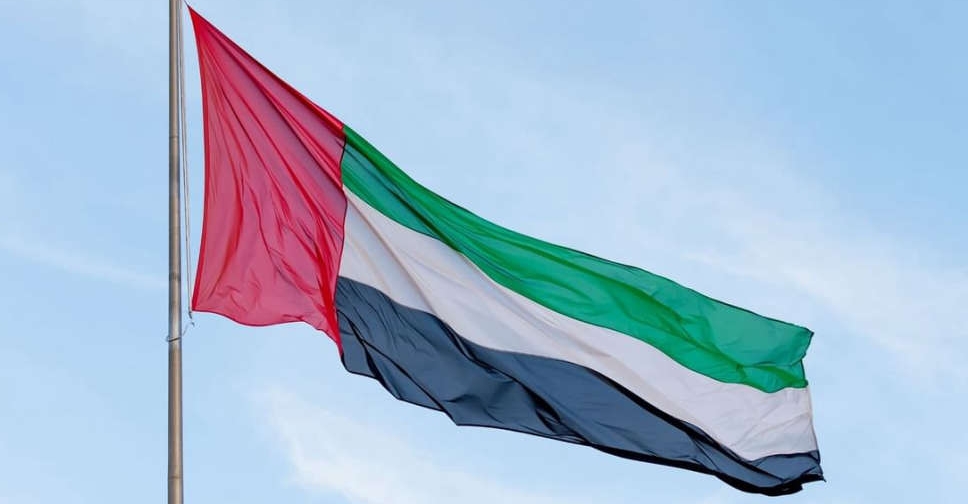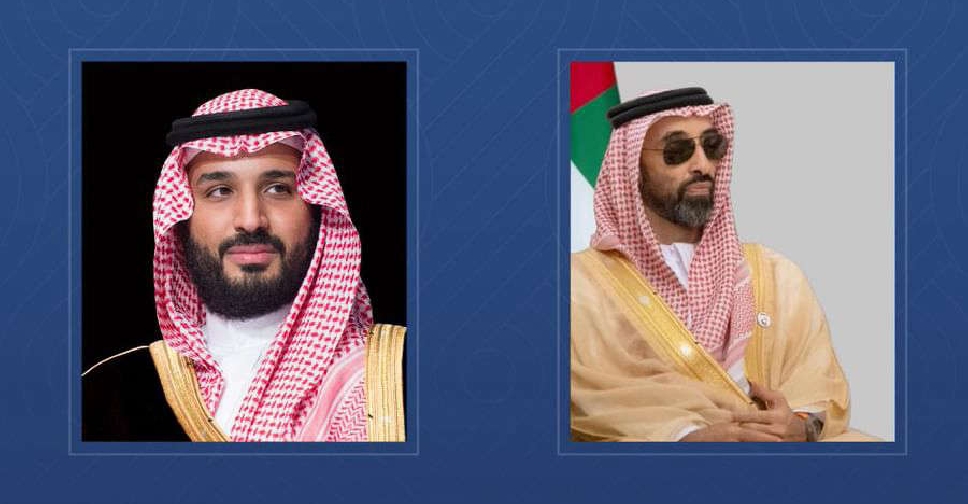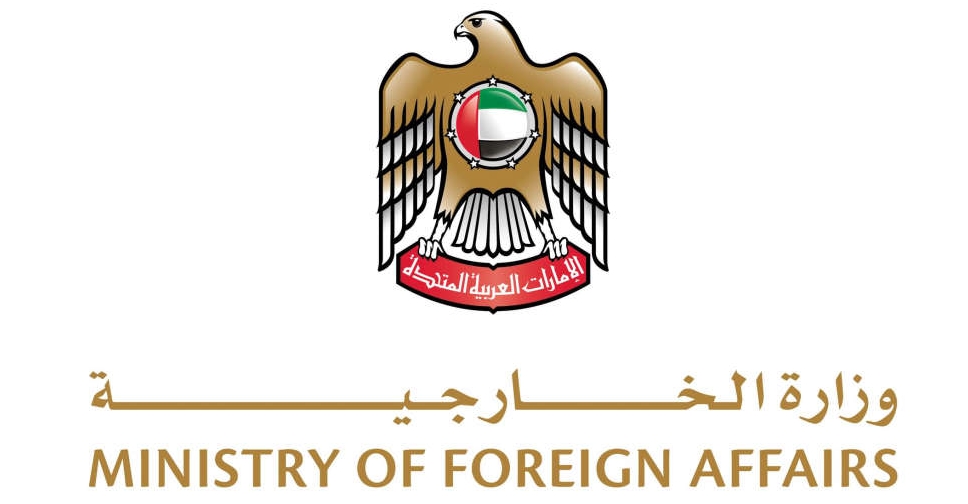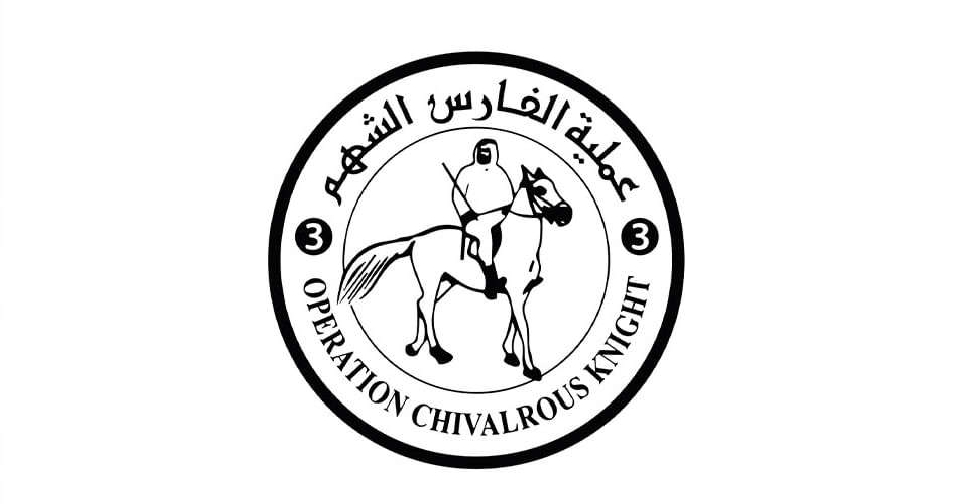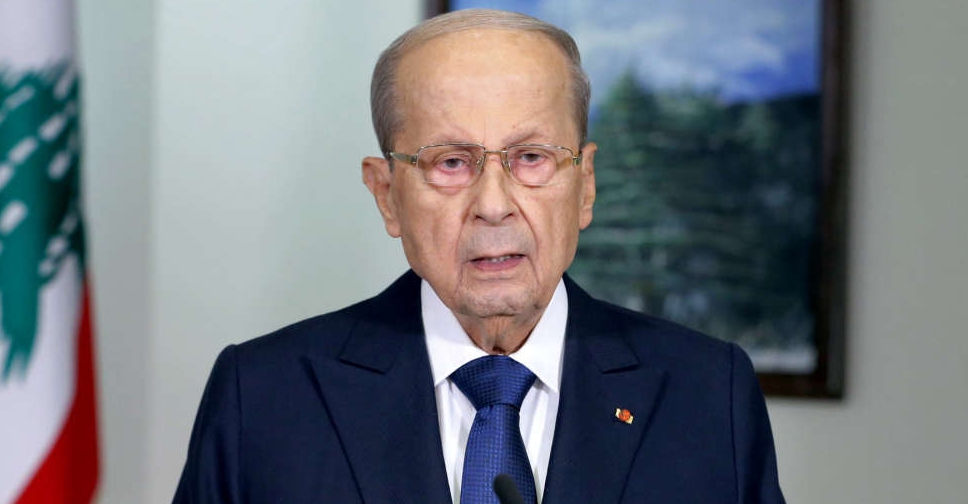
Michel Aoun, the 89-year-old president who presided over Lebanon's cataclysmic financial meltdown and the deadly Beirut port blast, vacates the presidential palace on Sunday.
Parliament has so far been unable to agree on a successor in the role, which has the power to sign bills into law, appoint new prime ministers and green-light government formations before they are voted on by parliament.
Like during more than half of Aoun's time in office, Lebanon is currently governed by a caretaker cabinet as the premier-designate has been trying for six months to form a government.
Dozens of supporters gathered at Baabda Palace to say farewell to Aoun, wearing the orange associated with his Free Patriotic Movement party and carrying portraits of him as president and from decades ago when he served as army commander.
One 73-year-old man in the army fatigues he wore when serving under Aoun in the civil war told Reuters he wished Aoun could have three more years in office.
Therese Younes, a 16-year-old who had come with other teenagers, said she had backed Aoun since she was eight and was sad to see him go.
"If I was 18 years old, I would have left the country. There's no Lebanon left after Michel Aoun," said Younes.
Aoun is a deeply divisive figure, adored by many Christians who viewed him as their defender in Lebanon's sectarian system but accused by critics of enabling corruption and helping armed group Hezbollah gain influence.
Aoun secured the presidency in 2016, endorsed by both Hezbollah and rival Maronite Christian politician Samir Geagea in a deal that brought then-leading Sunni politician Saad al-Hariri back as prime minister.
The six-year term that followed saw Lebanon's army fight off militants on the Syrian border in 2017 with Hezbollah’s help, a new electoral law passed in 2018 and top energy companies begin exploratory drilling in offshore blocks in 2020.
In his final week in the palace, he signed onto a US-mediated deal delineating Lebanon's southern maritime border with Israel.
His fans have hailed those achievements but his critics say those modest successes pale in comparison to the 2019 financial meltdown, which has pushed more than 80 per cent of the population into poverty and prompted the widespread anti-government protests.
Aoun's term was also marked by the massive blast at the Beirut port in 2020 that killed more than 220 people.
Aoun later said he had known about the chemicals stored there and referred the file to other authorities to take action. Victims' families said he should have done more.
He told Reuters in an interview on Saturday that his presidential powers were not wide enough to address the economic crisis.
"He was by far the worst president in Lebanon's history" said Michel Meouchi, a lawyer and father. "I prefer a void in the presidency to him."
Aoun's path to the presidency began in the 1975-1990 civil war, during which he served as commander of Lebanon's army and the head of one of two rival governments.
He returned to Beirut after 15 years in exile, once Syrian forces withdrew under international pressure following the 2005 assassination of former Prime Minister Rafik al-Hariri.
In 2006, the FPM formed an alliance with Hezbollah, which lent important Christian backing to the armed group.
In his interview with Reuters, Aoun credited Hezbollah for its "useful" role in acting as a "deterrent" against any Israeli attacks during the maritime border talks.
He said his departure on Sunday, one day before his term officially ends, was not the end of his political career.


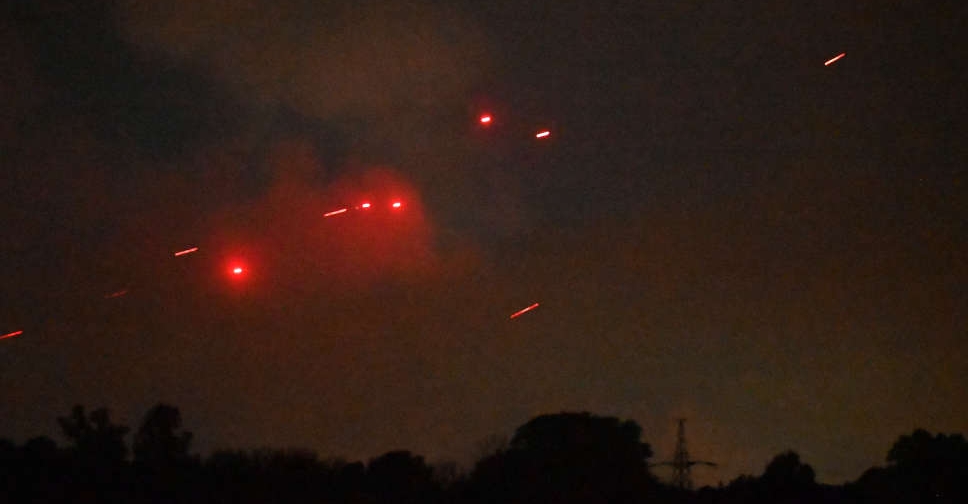 Russia's all-night drone attack on Kyiv injures 14, Ukraine says
Russia's all-night drone attack on Kyiv injures 14, Ukraine says
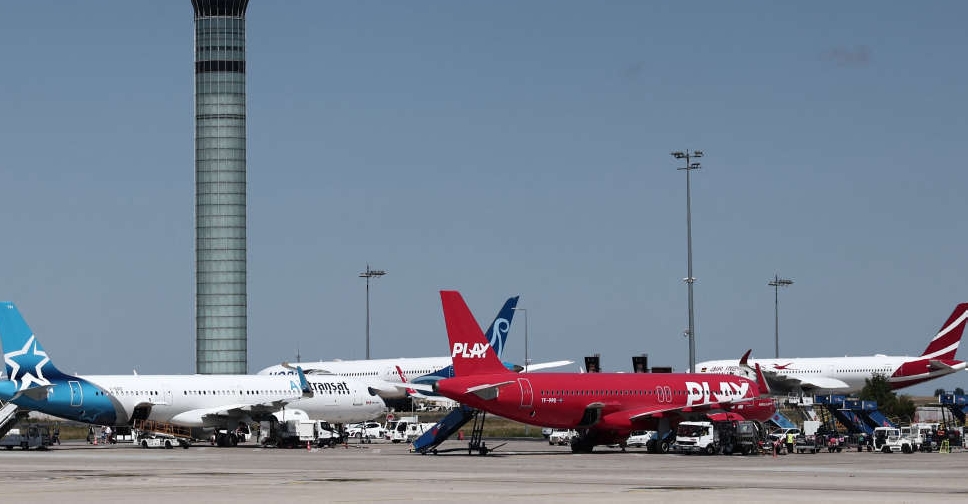 French air traffic controllers' walkout disrupts early summer season travel
French air traffic controllers' walkout disrupts early summer season travel
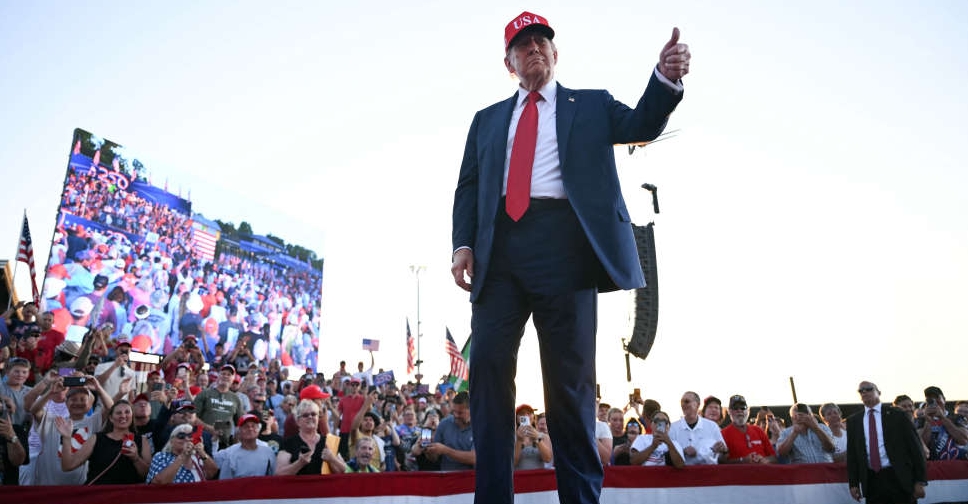 Trump celebrates tax bill victory at Iowa fairground rally
Trump celebrates tax bill victory at Iowa fairground rally
 Several people stabbed near shopping centre in Finland's Tampere
Several people stabbed near shopping centre in Finland's Tampere
 GCC condemns continued Israeli aggression against Palestinians
GCC condemns continued Israeli aggression against Palestinians
